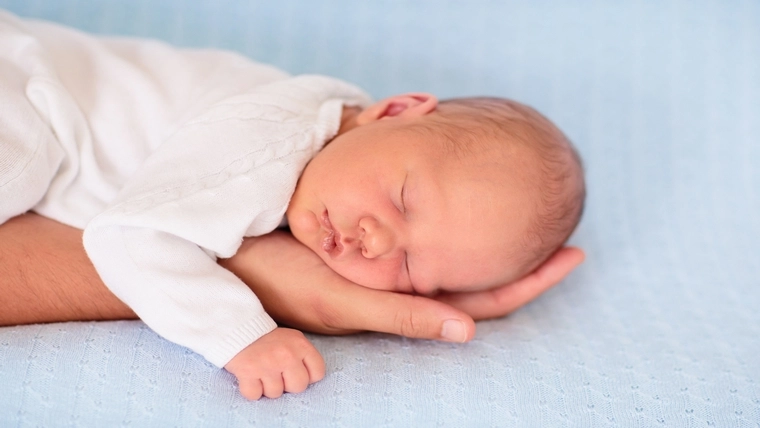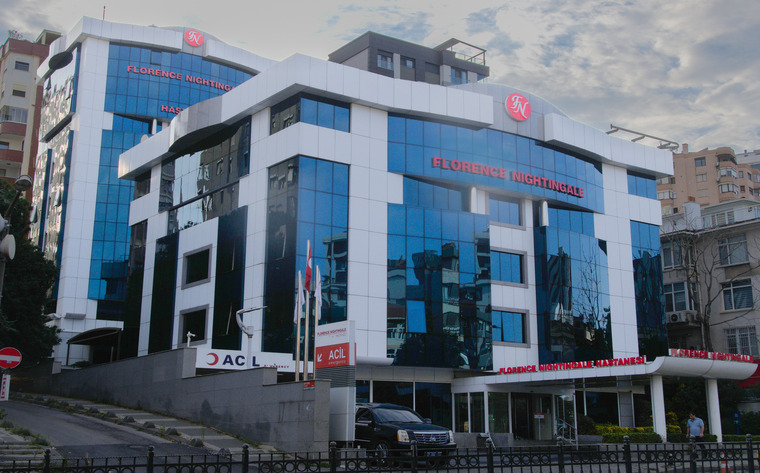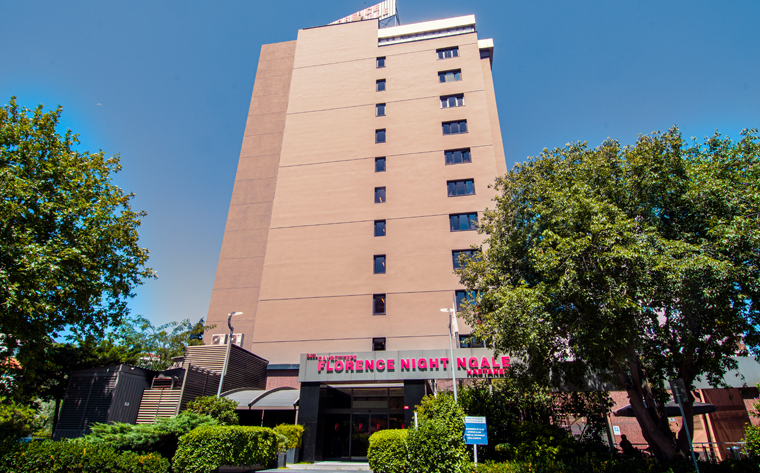
What is the Neonatal Department and What Diseases Does It Cover?
The neonatal unit is a medical unit that takes care of and treats babies immediately after birth. This unit is equipped to ensure that newborns have a healthy start and to respond quickly to potential health problems. The neonatal unit plays a critical role, especially for premature babies, babies with low birth weight, babies with congenital anomalies, and babies who have problems during or after birth.
About the Neonatology Department
The neonatal ward is also commonly known as the neonatal intensive care unit (NICU). This ward provides high-risk babies with the specialized care they need immediately after birth. Neonatologists and neonatal nurses constantly monitor the babies' health and administer any necessary treatments. The ward is equipped with the necessary equipment to provide respiratory support, feeding assistance, infection control, and other vital support.
Who is a Neonatologist and What Are Their Duties?
A neonatologist is a pediatric specialist who monitors and treats babies' health in the first few weeks after birth. Neonatologists have special training to support babies' development and manage potential health problems. The duties of a neonatologist include monitoring babies' vital signs, diagnosing congenital conditions, creating treatment plans, counseling parents, and coordinating surgical interventions when necessary.
What Diseases Does the Neonatology Department Cover?
The neonatal department is a unit specialized in the diagnosis and treatment of various health problems that may arise in babies after birth. The diseases monitored and treated in this department generally include medical problems that babies encounter in the first days and weeks of life.
The main diseases treated in the neonatal department are:- Respiratory Distress Syndrome (SDS): In premature babies, respiratory failure may occur as a result of the lungs not fully developing. This condition is a disease that requires intensive care in the neonatal unit and is usually treated with respiratory support.
- Neonatal Sepsis: Newborns are at high risk of sepsis because their immune system is not fully developed against infections. This is a serious, life-threatening infection that requires immediate intervention.
- Jaundice (Neonatal Icterus): Since the livers of newborn babies are not yet fully mature, bilirubin levels rise and cause jaundice. Jaundice is usually treated with light therapy (phototherapy).
- Congenital Heart Diseases: Some babies may be born with congenital anomalies in the heart structure. Such conditions are monitored in the neonatal department and surgical intervention is planned if necessary.
- Hypoglycemia: A condition in which blood sugar levels are low in newborns. It is especially common in premature babies and babies of diabetic mothers. Treatment is usually done by giving glucose.
- Perinatal Asphyxia: A condition in which the baby does not receive enough oxygen during birth. It requires immediate intervention to reduce the risk of brain damage.
- Retinopathy of Prematurity: An eye disease seen especially in premature babies. The risk of blindness can be reduced with early diagnosis and treatment.
- Bronchopulmonary Dysplasia (BPD): Lung damage may develop in premature babies due to the need for long-term respiratory support. This condition is a chronic lung disease and should be treated in the neonatal department.
- Encephalopathy: Brain damage may occur as a result of inadequate oxygenation to the brain during or after birth. In this case, the baby is placed under intensive monitoring and treatment.
- Gastrointestinal Problems: Serious infections and inflammations of the intestines, such as necrotizing enterocolitis, can occur in newborns. This condition may require emergency intervention and sometimes surgical treatment.
The neonatal department provides the medical care needed by babies with these and similar health problems. Early diagnosis and treatment are vital for the healthy growth and development of babies.
What are Newborn Examinations?
Newborn checkups involve a series of tests and examinations to assess the baby’s health after birth and to detect potential health problems early. These checkups are essential to ensure babies have a healthy start.
Newborn exams typically include the following evaluations:- APGAR Score: Immediately after birth, the baby's heart rate, breathing, muscle tone, reflexes and skin color are evaluated. This test is performed at 1 and 5 minutes to determine the baby's postnatal adaptation.
- Physical Examination: The baby's head, neck, chest, abdomen, skin, extremities and general body structure are checked. Elements such as congenital anomalies, muscle tone and reflexes are examined.
- Hearing Test: The newborn's hearing capacity is tested to check for hearing loss. This test is usually done in the first few days after birth.
- Eye Exam: A newborn's eyes are examined for abnormalities such as congenital cataracts or retinopathy. This exam is usually done within the first week after birth.
- Metabolic Screening Tests: A blood sample taken from the baby's heel is used to screen for certain metabolic and genetic diseases such as phenylketonuria and hypothyroidism. These tests are performed within the first 48-72 hours after birth.
- Jaundice Test: Bilirubin levels are measured to check if the baby has jaundice. This test is usually done in the first few days after birth.
- Hip Dysplasia Examination: The baby's hip joints are checked to determine if there is congenital dislocation or dysplasia. This examination is performed immediately after birth and repeated at subsequent check-ups.
- Heart Examination: The newborn's heart sound is listened to and any abnormalities in the heart structure are examined. This examination is performed within the first 24 hours after birth.
These examinations are vital for babies to begin their healthy growth and development processes.
When Should You Go to the Neonatal Department?
Situations that require referral to the neonatal department usually occur immediately after the baby is born.
You should go to the neonatal department especially in the following cases:- The baby has difficulty breathing immediately after birth
- Severely low birth weight
- Detection of congenital anomalies
- Appearance of jaundice symptoms
- The baby has difficulty feeding
What is Done During a Newborn Examination?
During the newborn examination, the baby's general health status is evaluated comprehensively.
During these examinations, the following are done:- Physical Examination: The baby's body structure, skin color, muscle tone and reflexes are checked.
- Monitoring Vital Signs: Vital signs such as heart rate, respiratory rate, and body temperature are monitored.
- Blood Tests: Blood tests are done to detect jaundice and other metabolic problems.
- Eye and Hearing Tests: The newborn's vision and hearing functions are evaluated.
These examinations and treatments performed in the newborn department are vital for babies to begin their healthy growth and development processes.











